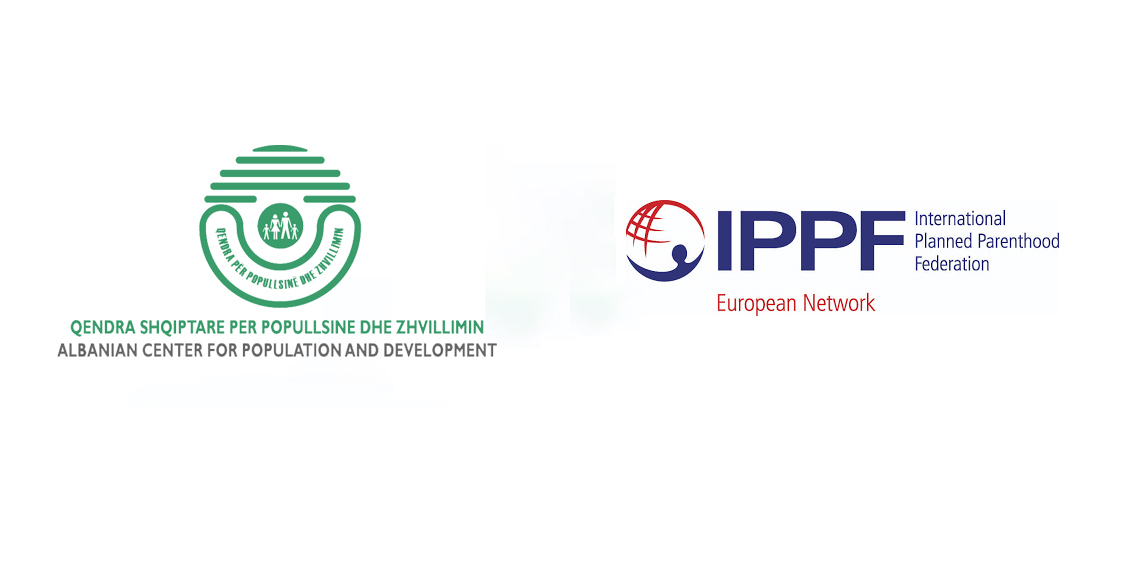Albanian Center for Population and Development (ACPD) Best Practices for Provision of SRH Services in Crises and Post Crises
This document contains best practices for provision of SRH services in crises and post crises (case studies, analyses, reports) including through digital technologies and telemedicine that are highly accessible and can allow scale to be achieved at low cost and enhances self-care & health monitoring and create a model for its replication by public health by being shared with the Ministry of Health and Social Protection, high level decision-makers and authorities and key stakeholders during advocacy activities, digital technologies have potential to do good if they are well designed and implemented.
The Covid-19 pandemic has laid bare the lack of equity and fairness in our societies. Health systems, as well as social and political structure in many countries are under tremendous strain, unable to protect those most vulnerable and at risk from the virus and its secondary effects. As past pandemics have shown too often, it is women – along with children, adolescents and the most vulnerable – that don’t receive their fair share of resources and services.
Lock-down for a few months seem to have affected the utilization of family planning services as the number of users has dropped intensely. This in turn, has left out many clients without receiving their preferred family planning methods and clients might have been prone of unintended pregnancies, STIs or other side effects that come from disruption of contraceptive methods. During 2020, a study on evaluation of the family planning program was conducted in 6 (six) regions of the country. (24) With regard to access of different population groups to FP services, young people accounted for about 45%, while boys and men accounted for only 20% of users of these services. During the COVID-19 pandemic situation, FP service providers reported that the main problems encountered were lack of demand from clients for contraceptive methods (95%) and client access to the health center (65%). Regarding the provision of FP services during the quarantine/isolation period, more than half of the providers reported that clients came to the health centers to take contraceptives after telephone communication with the provider (55%). Regarding the emergency situation in general, 95% of the FP providers reported that despite the difficulties, they had continued to provide FP services in the centers where they worked.

